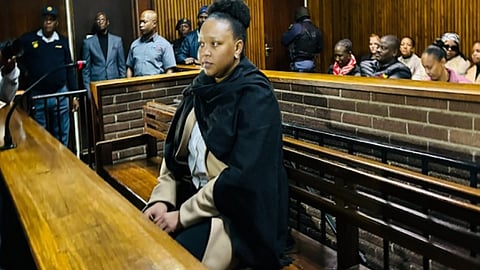Cholota judgment exposes NPA as politicised and morally bankrupt: Thabo Mandila
Key topics:
NPA accused of weaponising the law against state witness Cholota
Judgment seen as proof of prosecutorial abuse and political interference
Call for urgent reform as public trust in justice system erodes
Sign up for your early morning brew of the BizNews Insider to keep you up to speed with the content that matters. The newsletter will land in your inbox at 5:30am weekdays. Register here.
Support South Africa’s bastion of independent journalism, offering balanced insights on investments, business, and the political economy, by joining BizNews Premium. Register here.
If you prefer WhatsApp for updates, sign up to the BizNews channel here.
The auditorium doors will open for BNIC#2 on 10 September 2025 in Hermanus. For more information and tickets, click here.
By Thabo Mandila

